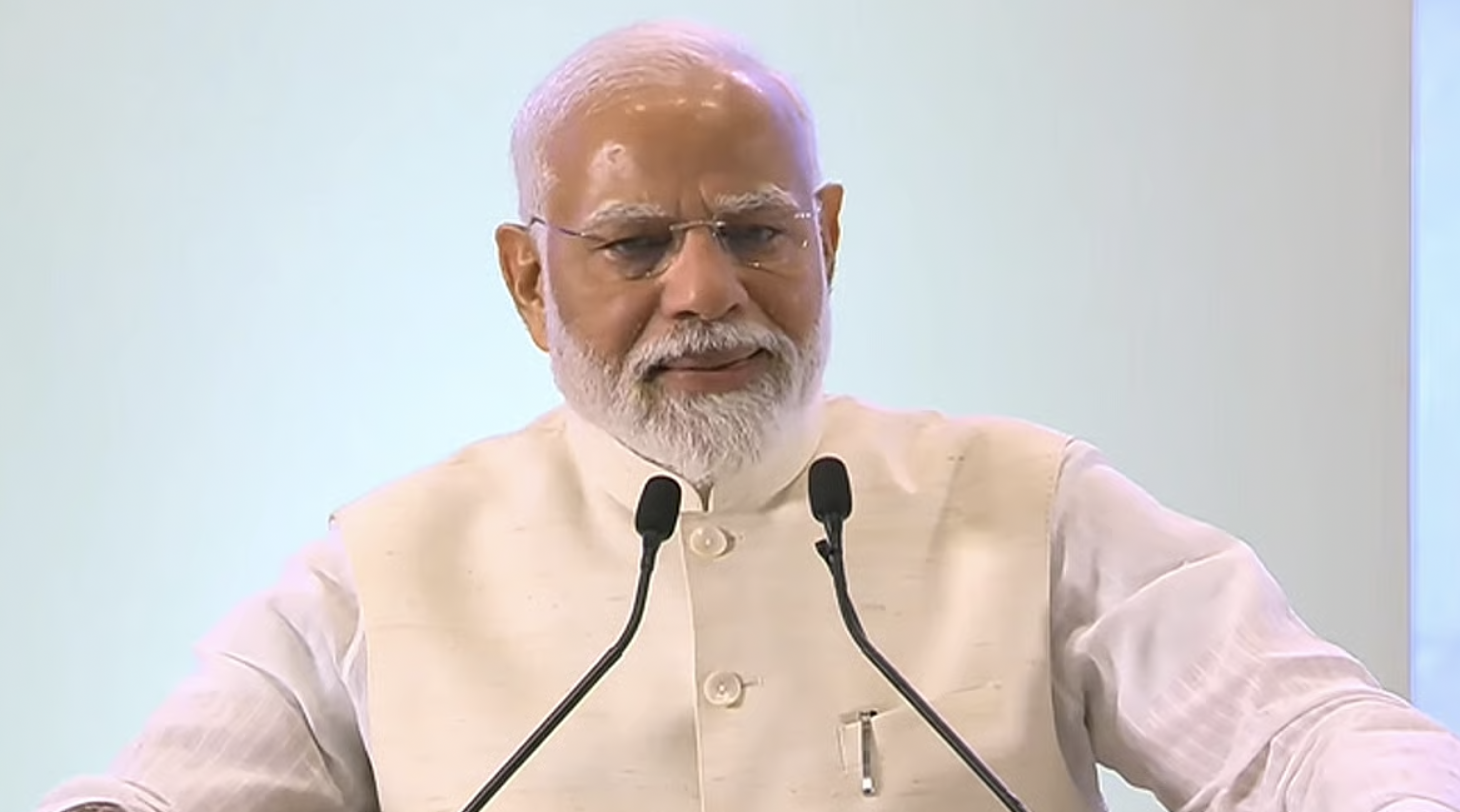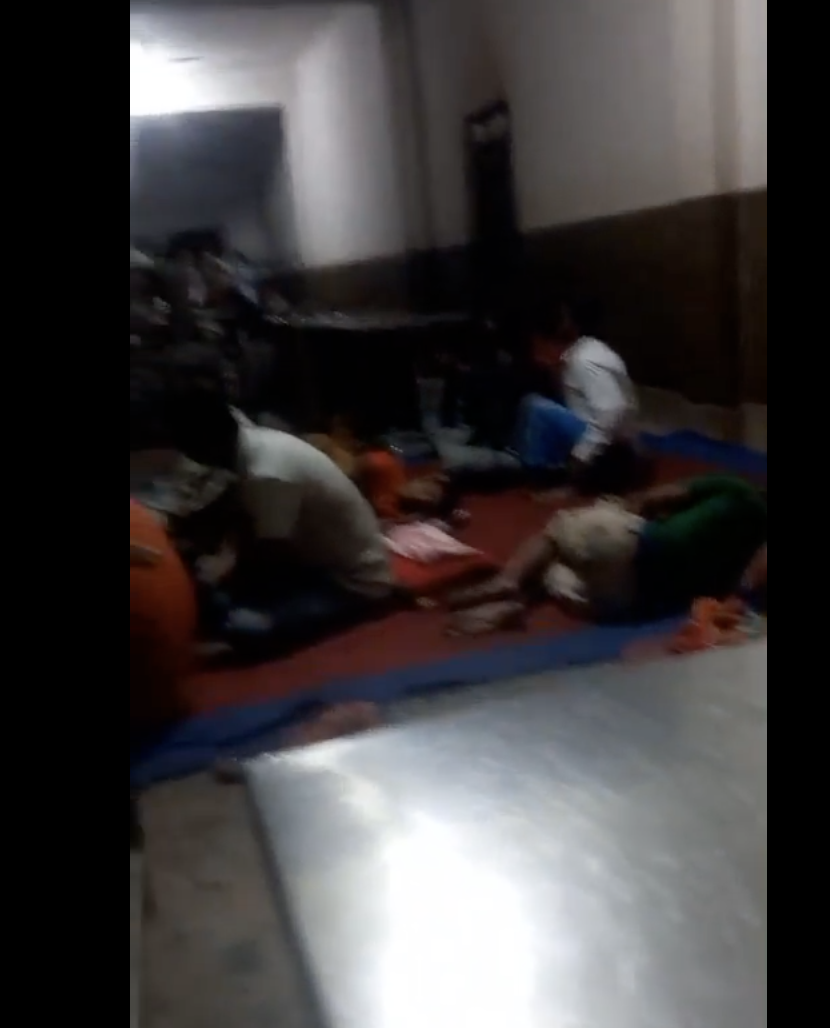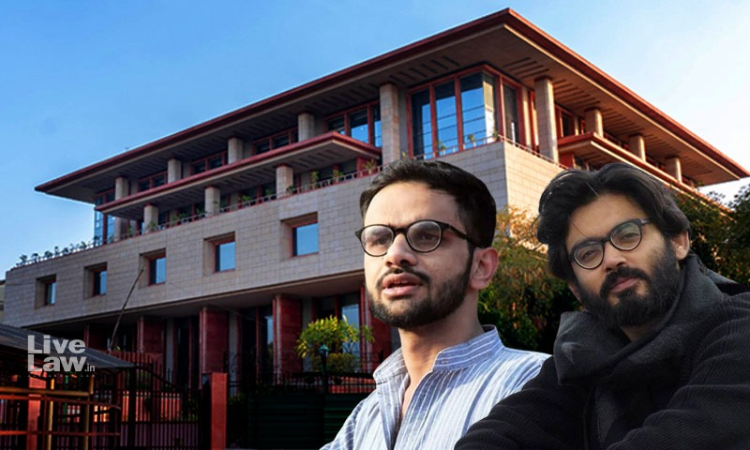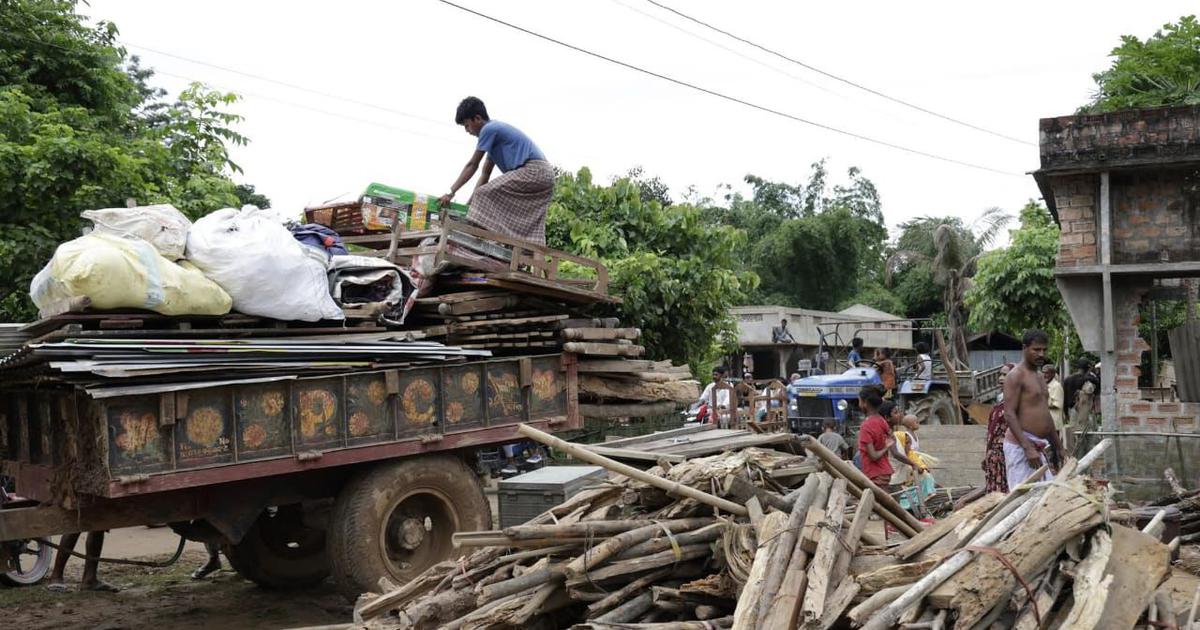
IN the ongoing trial in the 2013 murder of anti-superstition activist and rationalist Dr Narendra Dabholkar, his son Dr Hamid Dabholkar (46), who was examined as a witness on Saturday, told a Pune court that his father had submitted a file regarding the activities of Sanatan Sanstha, a radical outfit, to the state Anti-Terrorism Squad.
He also told the court that through Sanatan Prabhat, a daily published by Sanatan Sanstha, Dr Dabholkar had received threats that said “you will be made the next Gandhi” if he continued his work in the field of superstition eradication.
Dabholkar (67) was shot dead by two persons on a bridge near Omkareshwar temple in Pune city on August 20, 2013. The trial of the case is being conducted by the Special Court of Additional Sessions Judge S R Navandar.
The CBI, which took over the murder investigation from Pune City Police in 2014, has chargesheeted five accused, all of them allegedly linked to Sanatan Sanstha. These include ENT surgeon Dr Virendrasinh Tawade, the two alleged assailants Sachin Andure and Sharad Kalaskar, Mumbai-based lawyer Sanjeev Punalekar and his aide Vikram Bhave. Of these, Tawade, Andure and Kalaskar are currently in jail while Punalekar and Bhave are out on bail.
On Saturday, Hamid, a practising psychiatrist based in Satara, appeared before the court as a witness and was examined by both the prosecution and the defence. During his examination by prosecution lawyer Prakash Suryavanshi, Dr Hamid said, “Because of my father’s work in the field of superstition eradication, there were many occasions on which he and office-bearers of organisations like Sanatan Sanstha, who opposed his work, had arguments.
“Sanatan Sanstha published a daily newspaper named Sanatan Prabhat, which on several occasions had published articles against my father and his work. Those articles contained threats saying if he continued the work of superstition eradication, he will be made the next Gandhi.”
Answering a question by Suryavanshi, on what Dabholkar did after receiving these threats, Hamid said, “My father, through the Maharashtra Andhashraddha Nirmoolan Samiti, submitted a file against Sanatan Sanstha to the Anti-Terrorism Squad in Mumbai. My father was involved in superstition eradication and was opposed by organisations like Sanatan Sanstha. He continued his work despite the strong opposition. And that is why he was killed by organisations like Sanatan Sanstha.”
Hamid was cross-examined by a team of defence lawyers comprising Prakash Salsingikar, Virendra Ichalkaranjikar and Suvarna Avhad Vast. He was questioned on the statements that had he made during the examination by the prosecution, as well as on several other points raised by the defence lawyers.
When asked by Salsingikar about the file submitted to ATS, and whether its copy was sought from him by the Pune Police or the CBI, Hamid replied in the negative. He also replied in negative to a question on whether he was aware of any investigating agency having sought content of the said file as part of the probe.
The defence lawyers also asked Hamid about reported disputes Dabholkar had with a self- proclaimed godman in Maharashtra, and disagreements he had had with a social activist from Satara, with whom he once worked but later parted ways.
Dabholkar had also received threats from followers of the ‘godman’ and had filed a police case against them in the early 2000s.
The defence lawyers also asked Hamid about various defamation cases filed against the articles printed in a publication of Maharashtra Andhashraddha Nirmoolan Samiti (MANS), various sources of funding to the MANS, especially the ones originating from foreign funding agencies, and financial transactions of the organisation.
In the beginning of the deposition, when Hamid was asked to take an oath, he took it in Marathi, which losely translates as, ‘Evoking my conscience, I affirm that I shall state the truth and nothing but the truth’ instead of the one routinely taken as ‘I swear in the name of God…”.
On September 15, the special UAPA court had framed charges in the eight-year-old murder case against four accused — Tawade, Andure, Kalaskar and Bhave — for murder, conspiracy to commit murder, along with Section 16 of the UAPA pertaining to terrorist acts and various provisions of the Arms Act for the use of firearms.
The court also charged Punalekar for destruction of evidence in the case. All five accused have pleaded not guilty to the charges. The CBI had, on October 14, submitted before the court a list of 32 witnesses to be examined during the trial.
Advocate Prakash Suryawanshi, the special public prosecutor in this case, had submitted the list of witnesses, maintaining that more witnesses might be added as and when required.
This story first appeared on indianexpress.com






